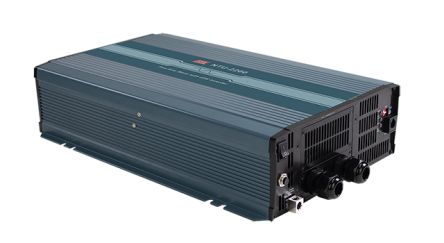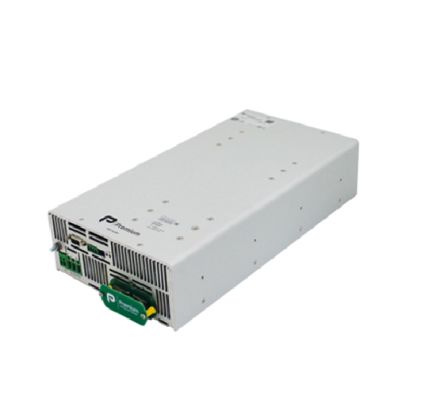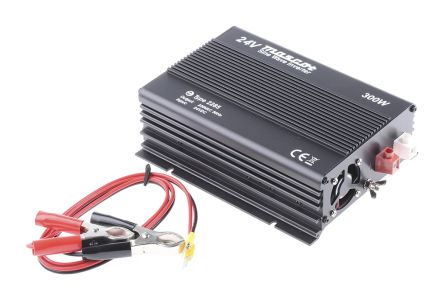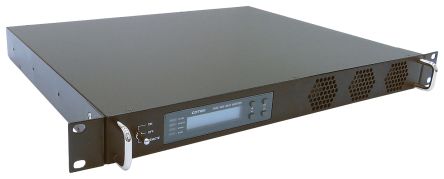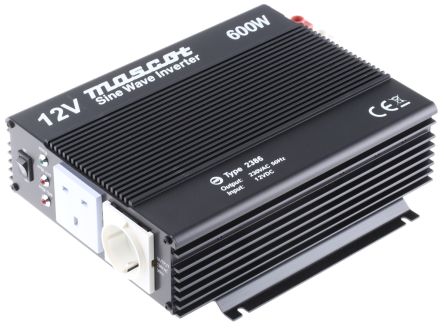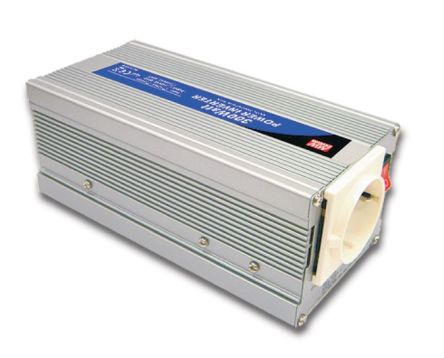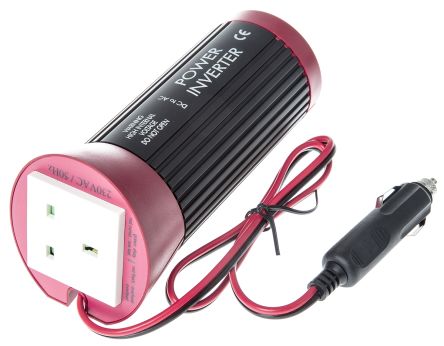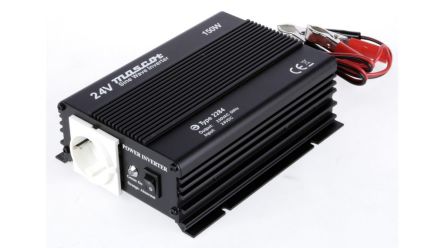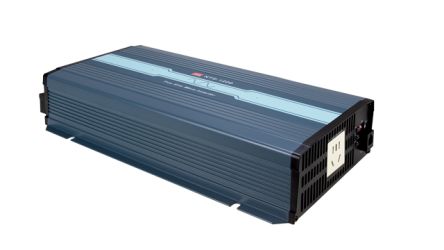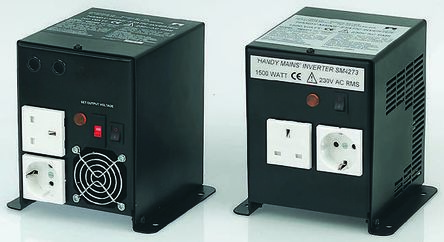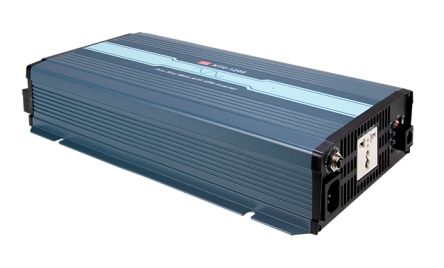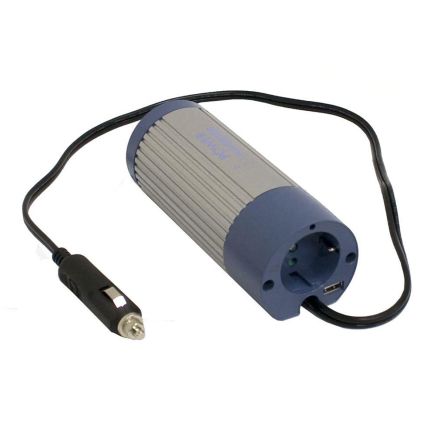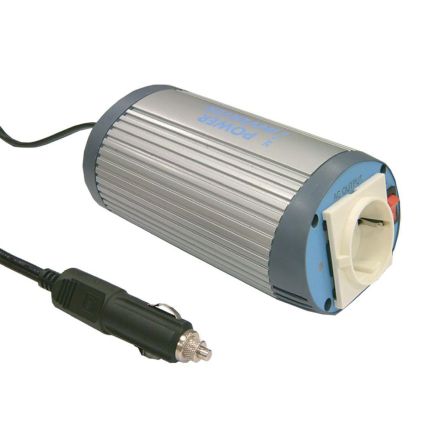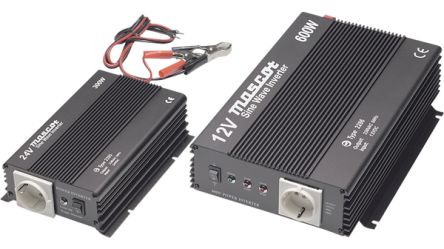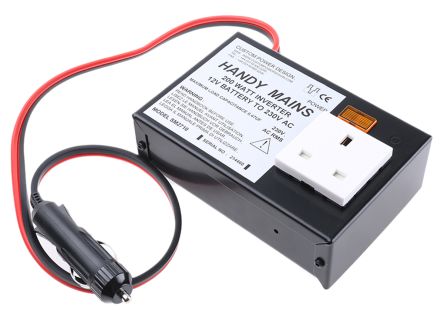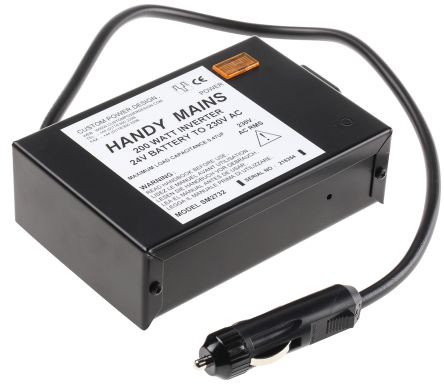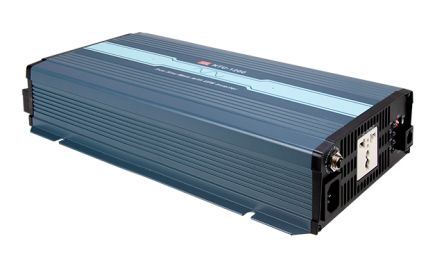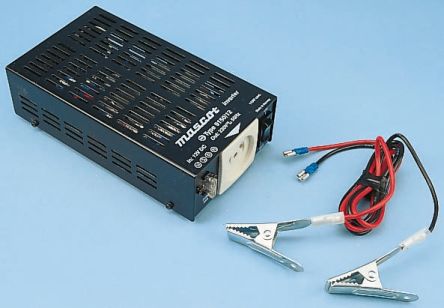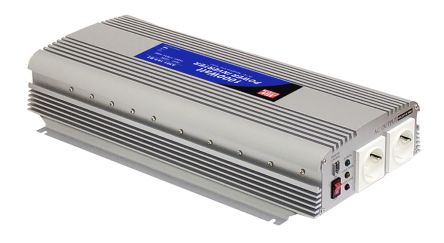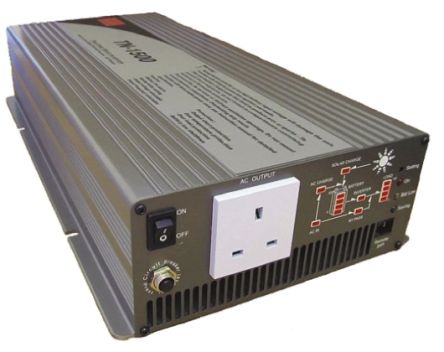- Automation & Control Gear
- Cables & Wires
- Enclosures & Server Racks
- Fuses & Circuit Breakers
- HVAC, Fans & Thermal Management
- Lighting
- Relays & Signal Conditioning
- Switches
- Batteries & Chargers
- Connectors
- Displays & Optoelectronics
- ESD Control, Cleanroom & PCB Prototyping
- Passive Components
- Power Supplies & Transformers
- Raspberry Pi, Arduino, ROCK, STEM Education & Development Tools
- Semiconductors
Power Inverters
Fixed installation DC AC power inverters are devices that convert DC (Direct Current) into conventional AC (Alternating Current) electricity that can run numerous electrical appliances.
How do fixed installation DC AC power inverters work?
Fixed installation DC AC power inverters are either entirely electronic or may be a combination of mechanical effects and electronic circuitry. They work by producing a square wave, sine wave, modified sine wave or pulse width modulated (PWM) wave depending on the circuit design.
These types of inverters use one of two basic designs to produce plug-in power from lower-voltage DC sources:
- Using a switching boost converter to produce higher voltage DC and then converting it to AC
- Converting DC to AC battery level and using a line-frequency converter to create output voltage
What are fixed installation DC AC power inverters used for?
Typical applications of fixed installation DC power inverters include:
- UPSs (uninterruptible power supplies)
- Refrigeration compressors
- Power grids
- Solar
- Electroshock weapons
- Induction heating
- Power generation
Related links
- AC/DC Adapters
- RS PRO Pure Sine Wave 200W Fixed Installation DC-AC Power Inverter...
- RS PRO Pure Sine Wave 1200W Fixed Installation DC-AC Power...
- AC-DC Converters
- DC-DC Converters
- Custom Power Design Quasi Sine Wave 200W DC-AC Car Power Inverter...
- RS PRO DC AC Inverter 230V ac Output, Railway Approved
- RS PRO DC AC Inverter 230V ac Output, Railway Approved
